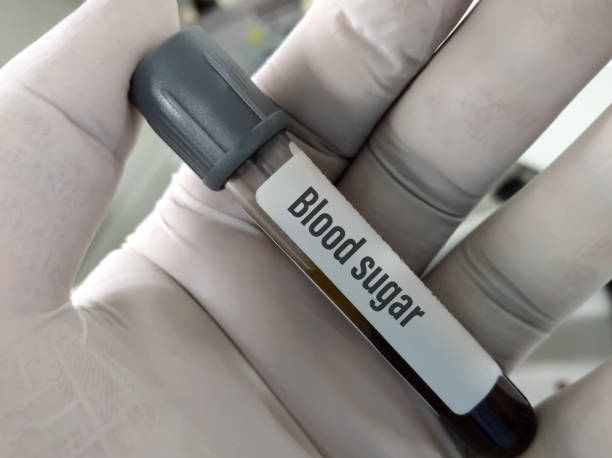Mastering Blood Sugar: Your Guide to Effective Management
Take control of your health with practical strategies for optimal blood sugar levels.

Yes, this is a blog entry on managing your blood sugar:
The Complete Guide to Blood Sugar Management
Controlling blood sugar levels is essential for diabetics to preserve their health and avoid problems. Fortunately, there are a number of tactics you may use to maintain appropriate blood sugar levels. Here is a thorough guide to assist you:
Changes in Lifestyle:
Nutrition:
Decreased refined carbs: Choose fruits, vegetables, and whole grains over processed meals and sugar-filled beverages.
Moderate portion sizes: This reduces the risk of blood sugar surges.
Select lean protein: For protein consumption, prioritize eating fish, poultry, and lentils.
Incorporate good fats: Nuts, avocados, and olive oil are examples of foods that can help control blood sugar.
Remain hydrated: Water consumption is beneficial to health and helps control blood sugar levels.
Workout:
Be physically active on a regular basis: Try to get in at least 30 minutes of moderate-to-intense exercise most days of the week.
Select enjoyable activities: You're more likely to maintain your workout regimen as a result.
Include resistance training: This enhances insulin sensitivity and blood sugar regulation by promoting muscle growth.
Control Stress:
Apply relaxing methods: Deep breathing, yoga, and meditation can all aid in lowering stress levels.
Sleep enough : Try to get between seven and eight hours per night.
Avoid excessive alcohol intake and smoking: These might aggravate poorly controlled blood sugar.
Watch and Follow:
Check your blood sugar frequently: This enables you to monitor your development and alter your diet and exercise regimen as needed.
Maintain a diet log: This aids in locating trends and stressors that might impact your blood sugar levels.
See your doctor: Talk about your concerns and your blood sugar management objectives.
Medication:
Acquire your prescription drug as directed: It is important to take your medicine as advised by your doctor if it is recommended for blood sugar management.
Notify your physician of any side effects: Be forthright and truthful with your physician regarding any adverse reactions to your prescription.
Always get your doctor's advice before changing your medication dosage: Doing so might be harmful and have an adverse effect on your ability to regulate your blood sugar.
Further Advice:
Carefully read food labels: Take note of serving sizes and sugar content.
Make a meal and snack schedule: This assists you in avoiding bad decisions while you're hungry.
Seek assistance: Seek support and direction from friends, family, or a diabetic support group.
With these techniques, you may successfully control your blood sugar levels and have a healthy life even if you have diabetes.
Warning: This blog article should not be used in place of expert medical advice; it is intended purely as information. Always get individual advice from your physician or a certified nutritionist when it comes to controlling your blood sugar.












































































































































































































